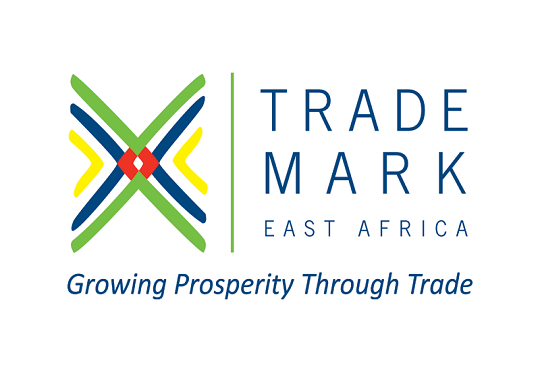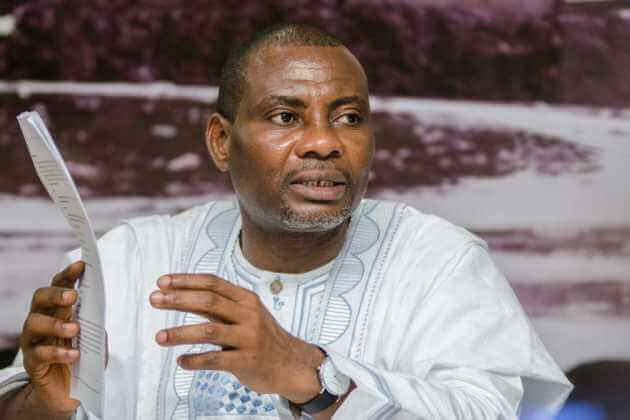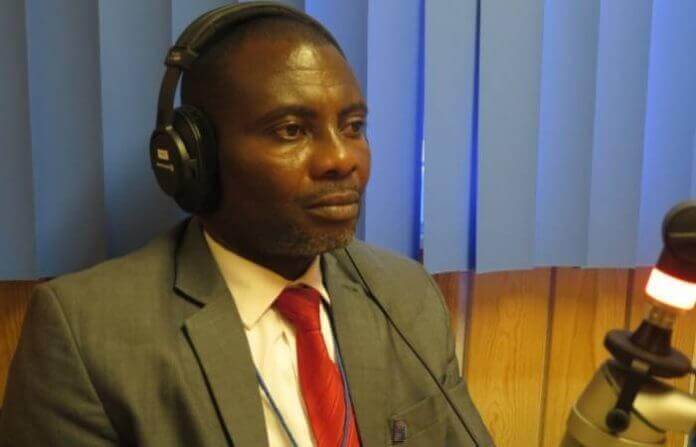South Sudan National Revenue Authority (NRA) and TradeMark Africa (TMA) have signed a Memorandum of Understanding committing to establish modern trade systems and procedures to support faster clearance and transiting of goods. This will build on work that TradeMark Africa (TMA) in partnership with the governments is undertaking at Elegu-Nimule border, the main crossing point between Uganda and South Sudan. The partners stated that attention will be given to enhancing faster clearance and movement of humanitarian goods coming into South Sudan aiming to halve the time it takes from current 2 days to one day or less. Of recent cargo destined for South Sudan has been delayed at Container Freight Stations in Mombasa, the designed interventions will ease the process. This will involve facilitating their movement from the port of entry, either Mombasa or Dar es Salaam to the South Sudan borders. TradeMark Africa (TMA) was represented by its Chief Executive Officer (CEO) Frank Matsaert, while the National Revenue Authority was represented by the Commissioner General, Dr. Olympio Attipoe. The MOU will be in force for the next three years. Making his remarks, the NRA Commissioner General, Dr. Olympio said, “We are opening a new chapter with TradeMark Africa by signing this MOU that aims at promoting fiscal transparency, accountability and effective revenue mobilization.” On his part TradeMark Africa (TMA) CEO Mr. Matsaert said, “We believe in the people of South Sudan; their resilience and adaptiveness is what has inspired us to renew our partnership here and work with the...
South Sudan National Revenue Authority and TradeMark Africa partner to modernize trade systems
Posted on: August 28, 2019
Posted on: August 28, 2019



















